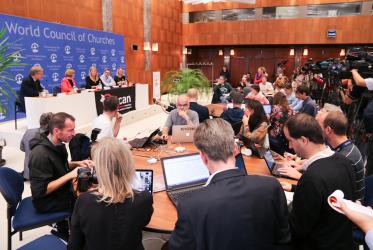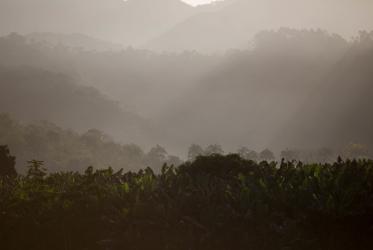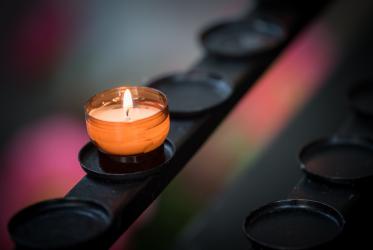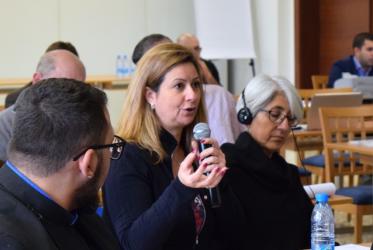Displaying 1 - 17 of 17
Bishop Younan receives ‘Bridges of Understanding’ award
14 September 2018
Diakonia: “a tool to reach abundance of life”
24 July 2018
Seven weeks of Lent highlight water justice in Latin America
12 February 2018
Protect the Amazon, urges WCC statement
22 November 2017
WCC Executive Committee comments on situation in Zimbabwe
22 November 2017
WCC Executive Committee to convene in Amman
16 November 2017
Churches’ diaconal action in the Middle East analyzed
01 December 2016










